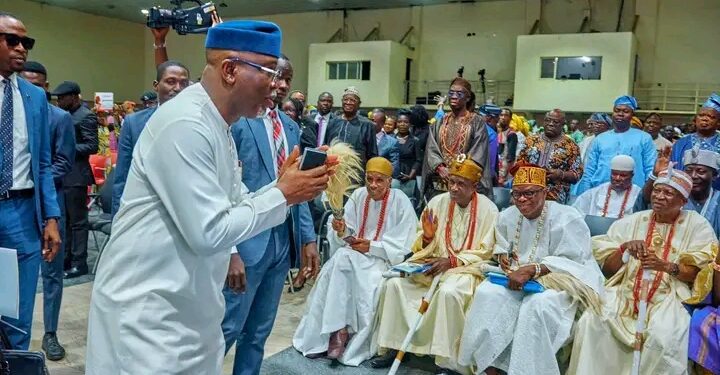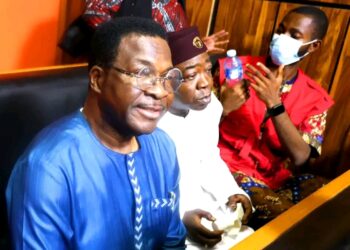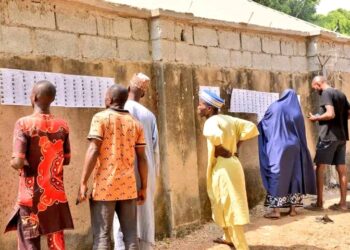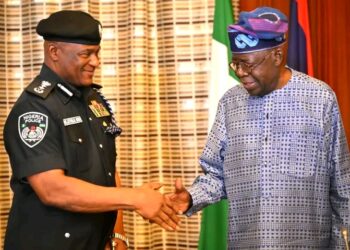The Sunshine State (Ondo) Governor, Lucky Aiyedatiwa, has called on the National Assembly to ensure that the ongoing constitutional amendment process aligns with the yearnings of Nigerians—especially in the South-West—by embedding principles of true federalism, restructuring the revenue formula, and recognizing local governance structures that already serve the people.
Speaking at the South-West Centre B Public Hearing of the House of Representatives Committee on the Review of the 1999 Constitution, held Friday in Akure, Governor Aiyedatiwa pressed for urgent reforms to reflect the changing dynamics of Nigeria’s democracy and its diverse regional needs.
“The Constitution must reflect the socio-political, cultural, and economic realities of the federating units,” Aiyedatiwa said, insisting that states should manage their natural resources while contributing a portion—about 40%—to the central government.
He argued that the current revenue structure heavily favors Abuja and neglects the developmental needs of the states. “Ondo State aligns with the progressive aspirations of the South-West in advocating for true federalism,” he told the gathering of lawmakers, stakeholders, and civil society leaders from Ondo, Osun, and Ekiti states.
The governor also made a strong case for decentralizing security. Citing the relative success of the Amotekun Corps in curbing insecurity in the region, Aiyedatiwa emphasized the need for state-controlled policing structures, saying the federal policing model has become overstretched and ineffective.
“The centralised police institution has tried its best but has become overwhelmed and underfunded. States, being closer to the people, better understand their local security challenges,” he said.
Another major demand from the state is the formal recognition of its 33 Local Council Development Areas (LCDAs) as constitutionally-backed Local Government Areas. This call mirrors similar efforts by Lagos State and reflects a broader desire across the region to legitimize existing administrative structures.
On the issue of state creation, Aiyedatiwa was unequivocal: while Ondo is open to the idea in principle, it would not surrender any part of its territory for new state configurations.
“We are not opposed to state creation, but we will not cede any part of our State to another state,” the governor declared.
The public hearing drew participation from a wide cross-section of regional actors. The House Committee, chaired by Deputy Speaker Rt. Hon. Benjamin Okezie Kalu received numerous memoranda focused on correcting historical imbalances and improving democratic inclusion.
Representing Ekiti State, Attorney General and Commissioner for Justice, Mr. Dayo Apata, advocated for increased political representation of women and persons with disabilities, as well as formal roles for traditional rulers.
Osun State Deputy Governor, Mr. Kola Adewusi, speaking on behalf of Governor Ademola Adeleke, urged lawmakers to tackle the rising cost of political campaigns and governance, warning that excessive campaign spending could fuel electoral misconduct.
Traditional rulers, represented by the Olowo of Owo and Chairman of the Ondo State Council of Obas, Oba Gbadegesin Ogunoye III, demanded constitutional roles in governance, citing their proximity to the grassroots.
The call for gender equity also resonated strongly, with Mrs. Titilayo Owolabi, Chairperson of the Nigerian League of Women Voters, presenting a petition signed by 33,000 citizens urging for increased female participation in politics.
As the constitutional review process continues, the voices from the South-West appear unified on one central theme: bringing governance closer to the people through legal reforms that respect local structures, empower state authorities, and enhance democratic accountability.





